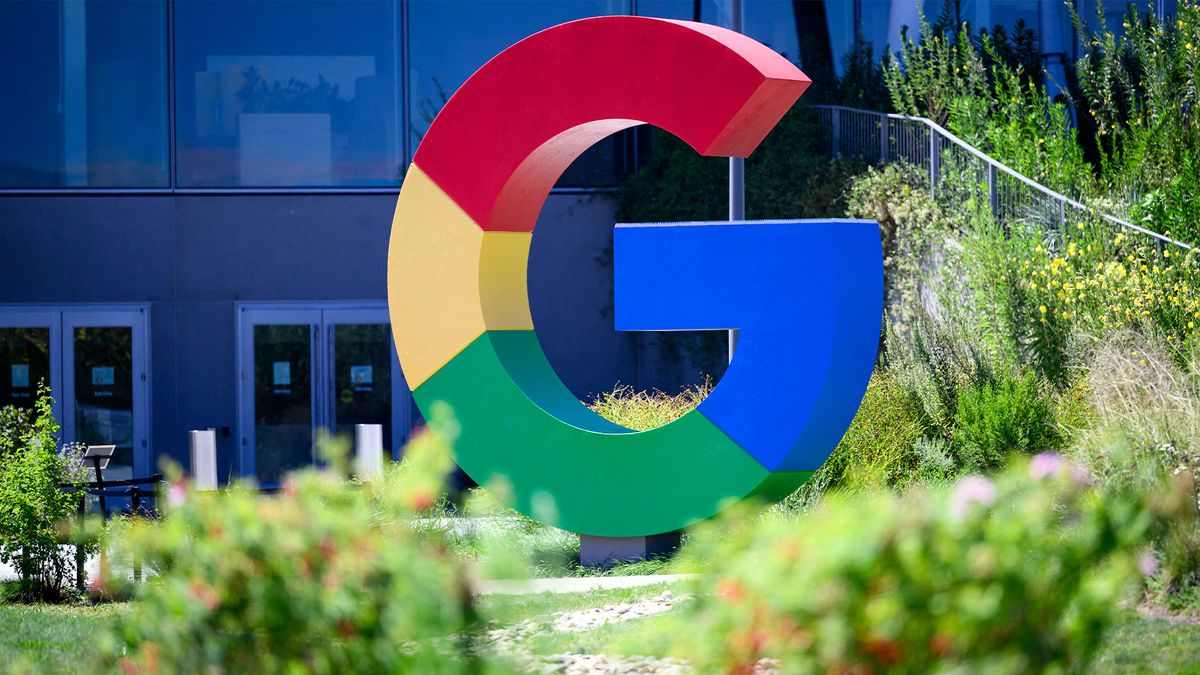The UK’s Competition and Markets Authority (CMA) has provisionally found that Google abuses its dominant position in the AdTech business.
With the vast majority of publishers and advertisers using Google’s AdTech services to bid for and sell advertising space, the CMA says it’s concerned that the company is actively giving preference to its own services.
“Many businesses are able to keep their digital content free or cheaper by using online advertising to generate revenue. Adverts on these websites and apps reach millions of people across the UK – assisting the buying and selling of goods and services,” said Juliette Enser, the CMA’s interim executive director of enforcement.
“That’s why it’s so important that publishers and advertisers – who enable this free content – can benefit from effective competition and get a fair deal when buying or selling digital advertising space.”
Google has two ad buying tools for advertisers: Google Ads and DV360, while for publishers it operates a publisher ad server, known as DoubleClick For Publishers (DFP).
Its ad exchange, known as AdX, receives requests for bids from publishers and responding bids from advertisers, and then conducts an auction to match them.
This is where Google charges its highest fees in the ad tech stack – around 20% of the bid amount.
In a provisional ruling, the CMA says the tech giant has abused its dominant positions through the operation of both its buying tools and publisher ad server to strengthen AdX’s market position and to protect AdX from competition from other exchanges.
On top of this, thanks to the highly integrated nature of Google’s AdTech business, it believes that Google’s conduct has also prevented rival publisher ad servers from being able to compete effectively.
The competition watchdog believes Google has been providing AdX with exclusive or preferential access to advertisers that use Google’s Ads platform and manipulating bids so that they have a higher value when submitted into AdX’s auction than when submitted into rival exchanges’ auctions.
The firm has also been allowing AdX to bid first in auctions run by DFP for online advertising space, effectively giving it a right of first refusal.
Google’s AdTech practices have been coming under fire for quite some time, with the French competition authority, CNIL, fining it €220 million in 2021 for abusing its dominant position in the space by favoring its own tools over those of its competitors.
Last year, the European Commission wrote to the firm, suggesting that its practices were breaching EU antitrust rules by giving preference to AdX.
Similarly, the US Department of Justice (DoJ) filed a suit against Google in January last year citing similar concerns.
In a statement responding to the CMA ruling, Google said the case rests on what is described as a “flawed” interpretation of the AdTech industry. The tech giant will be granted the opportunity to respond to the findings before the CMA issues a final decision.
Source link
